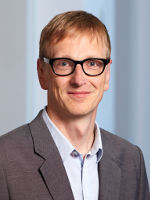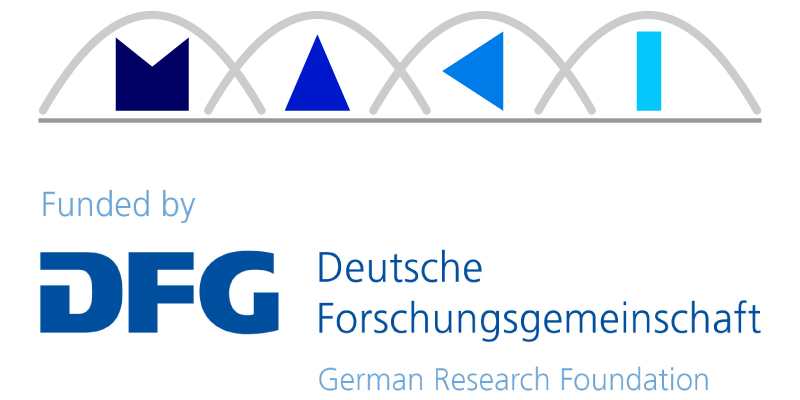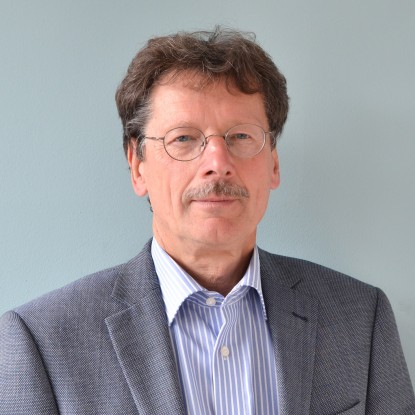Prof. Roger Wattenhofer

(ETH – Zurich)
Titel
How difficult is flow migration without anybody noticing?
Abstract
What if a node or link of a network fails? What if traffic between two nodes grows? Clearly this is a case for distributed algorithms! After all, the Internet and its protocols are decentralized by design. Thanks to redundancy and distributed communications, Paul Baran suggested that the Internet could operate even if many of its links and nodes had been destroyed by a “nuclear attack”. However, it turns out that distributed control leaves quite some efficiency on the table. Recently several companies started to organize their enterprise networks in a centralized fashion, separating data and control planes by means of software-defined networks (SDNs). So we might soon see a world where a (possibly fault-tolerant but nevertheless) centralized controller is making all routing and transport decisions, using SDN-switches to implement these decisions. Is this the death of distributed network algorithms? In my talk I will discuss why this is not necessarily true, that is, why even central control may learn from distributed computing when dealing with network dynamics. Towards this end I will present several theoretical results, what can be done, and what cannot, illustrated by simple examples.
Short Bio
Roger Wattenhofer is a full professor at the Information Technology and Electrical Engineering Department, ETH Zurich, Switzerland. He received his doctorate in Computer Science in 1998 from ETH Zurich. From 1999 to 2001 he was in the USA,
first at Brown University in Providence, RI, then at Microsoft Research in Redmond, WA. He then returned to ETH Zurich, originally as an assistant professor at the Computer Science Department.
Roger Wattenhofer's research interests are a variety of algorithmic and systems aspects in computer science and information technology, currently in particular wireless networks, wide area networks, mobile systems, social networks, and physical algorithms. He publishes in different communities: distributed computing (e.g., PODC, SPAA, DISC), networking (e.g., SIGCOMM, MobiCom, SenSys), or theory (e.g., STOC, FOCS, SODA, ICALP). He recently published the book “The Science of the Blockchain”.



